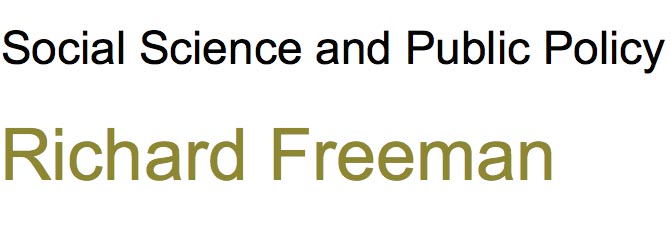The short answer is because I thought you’d read them. I originally wanted to write something like an artist’s statement, but that’s a really difficult thing to do (and even most artists do it badly). And it would probably look really pretentious, anyway.
But I think lots of us have a need to explain what we do or are trying to do, and why we do it in the way we do. Perhaps it’s really a wish to make some parts of our work more available for talking about. We’re under a lot of pressure to publish, to make public what we seem to know, but we rarely talk about the professional practices on which that ‘making public’ is based. How do we write, for example, or teach, or supervise?
These things are fascinating, but conversations about them happen only very rarely. Much of our work is individualized, which means in turn that it’s treated as though it were private. It isn’t. One of the interesting things about professional practice is that it’s both deeply personal and very public. We struggle with these boundaries, perhaps inevitably, but I don’t think we need to fetishize them so much.
Why faqs, specifically? I think it’s because faqs are there, are already available as an institution, an opportunity. They’re a distinctive internet form, and that’s useful. They’re not very usual on academic pages and websites, which tend to default to monologic statements, just like the lecture or published paper.
The faq is a kind of dialogue, which is an ancient pedagogic method. Once you string a few questions together the way you’ve done here you have an interview, and interviews are ubiquitous in social life. So it’s not just Socrates, it’s the radio in the mornings, the Sunday papers, the checkout conversation, the clinical consultation. The other thing that drew me was the way the faq or dialogue or interview makes for what is called vicarious learning, or learning something by watching or listening to somebody else learning it. You’re actually reading somebody else’s questions, obviously, and I’m taking advantage of your being fascinated by them.
